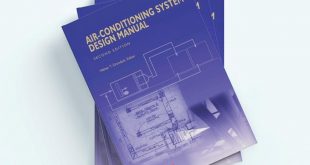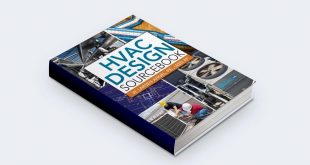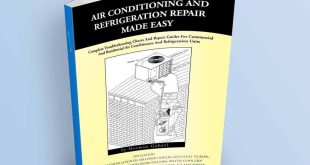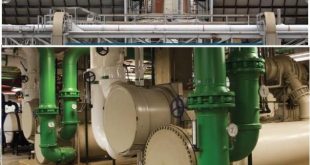❄️ Cold Climate HVAC: Revolutionizing Energy Efficiency and Comfort in Freezing Conditions ❄️
🌍 Introduction to Cold Climate HVAC
Imagine living where winter seems eternal, temperatures plunge below freezing, and the wind bites harder than your morning coffee. In these cold climates, staying warm isn’t just about comfort—it’s survival. That’s where Cold Climate HVAC systems step in, transforming how we heat, ventilate, and insulate homes and businesses.
So, what makes HVAC in freezing zones so different? Let’s dive deep into this fascinating world.
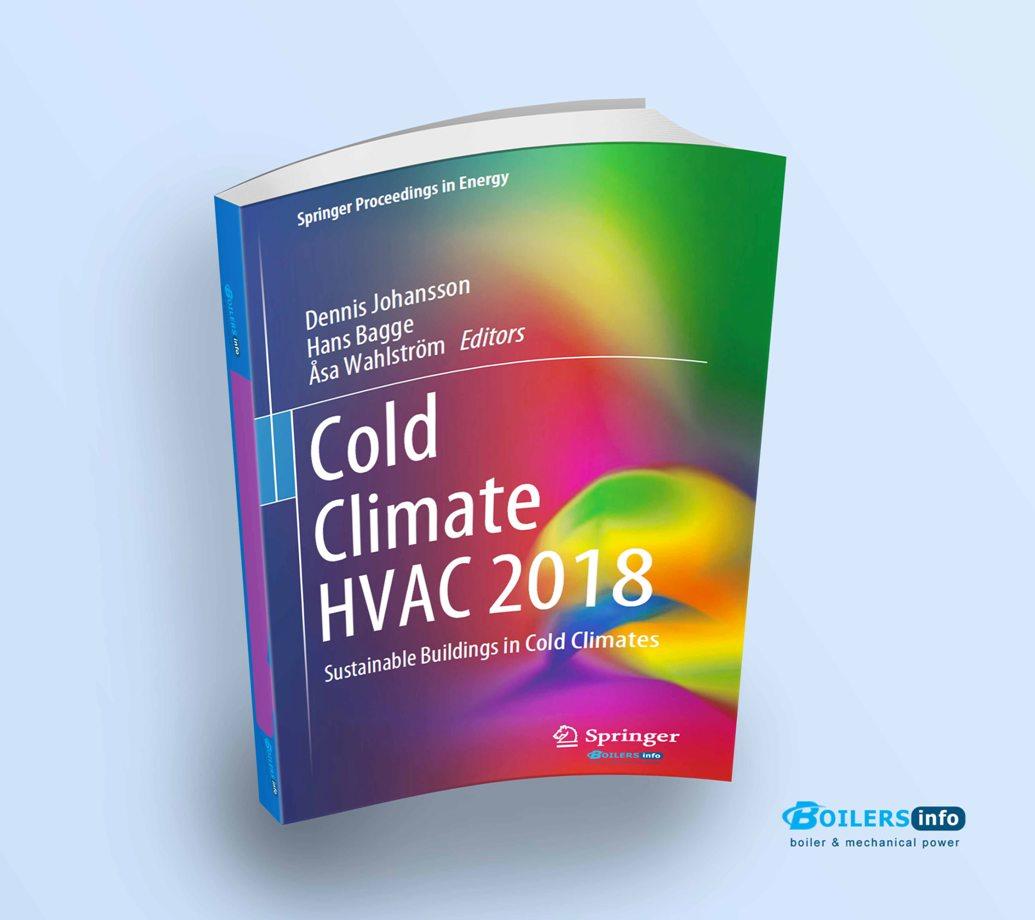
💡 Why HVAC Matters in Cold Regions
In extreme cold, traditional heating solutions often fall short. HVAC systems tailored for these regions help:
- Keep indoor temperatures cozy
- Reduce skyrocketing energy bills
- Maintain indoor air quality
- Prevent moisture build-up and mold
Think of them as your personal shield against nature’s icy grip.
🧊 The Unique Challenges of Freezing Temperatures
- Temperature extremes: -30°C and lower
- Energy loss through building envelopes
- Inefficient ventilation
- Increased heating demand
These challenges require smarter, greener solutions.
⚡ Energy and Power Efficiency in Cold Climates
🏠 The Role of Low-Energy Buildings
Cold climate buildings are no longer just about thick walls and insulation. They now aim for ultra-efficiency.
Passive House Construction in Arctic Conditions
Picture a home so well-insulated that it barely needs heating. That’s the Passive House magic—designed even for areas above the Arctic Circle.
Real-World Thermal Resistance Testing in the Canadian Arctic
Engineers test actual walls and roofs to ensure minimal heat loss. It’s like putting winter jackets on homes!
🔋 Energy Consumption Insights
Research shows that efficient envelopes can cut heating needs by up to 70%. That’s not just savings—it’s a step toward sustainability.
🤖 Advancements in Building Automation for Cold Climates
💻 Real-Time Simulation and Machine Learning
Modern buildings use self-learning algorithms to predict and optimize energy use. Imagine your house learning your habits—cozy before you even think of turning up the heat.
🕹 Smart Control Systems
Automation adjusts heating, lighting, and ventilation automatically. It’s like cruise control for your home.
💨 Ventilation Solutions for Cold Regions
🏘 Residential vs. Commercial Ventilation
Both settings demand fresh air but without freezing the occupants. The solution? Heat Recovery Ventilation (HRV).
🚦 Demand-Controlled Ventilation
Sensors that know when to breathe! This ensures:
- Fresh air
- Minimal heat loss
- Lower bills
- Cooling Towers Principles and Best Practices
⚖ Minimum Ventilation Rates
Balancing health and efficiency keeps you breathing easy without breaking the bank.
🔥 Heating System Innovations
💧 Gas-Water Direct-Contact Heat Transfer
Innovative systems that transfer heat directly to water with almost no energy wasted.
🏡 Constant Output Heating in Unoccupied Buildings
Maintains minimal warmth in empty cottages to prevent freezing without overspending.
🔄 Setback Efficiency
Smart thermostats that “set back” temperatures when not needed—efficiency at its best.
🌞 Integration of Renewable Energy Systems
☀ Building-Integrated PV/T Systems
Solar panels plus thermal collectors = a winning combination for cold climates.
🏢 Energy-Saving in Renovated Apartment Buildings
Upgrades can slash energy consumption by 50% or more—proving old buildings can be green too.
🔄 Life Cycle Cost Optimization
Energy renovations pay for themselves—both in money and environmental impact.
🏰 The Role of Heritage and Preservation
🕍 Energy Challenges in Heritage Buildings
Old buildings? Beautiful, yes. Efficient? Not so much. The goal: preserve charm while upgrading insulation and systems.
⚖ Balancing Efficiency with Architectural Value
Think double-glazed stained glass—where modern meets tradition.
🌬 The Science of Heat Recovery and Energy Conservation
🌡 Heat Recovery Ventilators in Arctic Dwellings
Recover up to 90% of heat from outgoing air—a lifesaver in freezing zones.
🔄 Dual-Core Energy Recovery Systems
Double the cores, double the efficiency—ideal for polar-like climates.
🌍 Heat Pumps and Geothermal Innovations
🌱 Horizontal Ground Heat Exchangers
Buried heat loops tap into the earth’s stable temperatures—even when it’s -40°C outside.
☀ Solar-Assisted Heat Pumps
Harnessing the sun to boost efficiency even in winter gloom.
🌀 Tandem Vapor-Injection Heat Pumps
Next-level heat pumps that work reliably even when traditional ones freeze.
🏒 Ice Rink Waste Heat Utilization
Why waste heat from ice rinks? Smart cities use it to warm nearby buildings!
🏙 District and City-Wide Energy Solutions
⚡ Smart EV Charging
Charge your car when renewable energy is abundant—cleaner and cheaper.
🚧 Hydronic Heating Pavements
Goodbye icy sidewalks! Heated pavements keep roads and paths clear without chemicals.
🏡 Sustainable Smart Cities
Entire neighborhoods designed for energy efficiency and reduced carbon footprints.
🏢 Operational Performance of Cold Climate Buildings
🔄 Inverse Model Identification
AI models fine-tune HVAC operations—turning regular homes into zero-energy marvels.
🌐 Intelligent Building Networks
Buildings that “talk” to each other, sharing data for optimal performance.
🔨 Renovation Strategies for Cold Climates
🏚 Energy Upgrades in Historic Homes
Blending new insulation into century-old walls.
🪟 Adding Glazing for Energy Efficiency
Triple glazing? Absolutely.
🏗 Prefabricated Wooden Renovations
Fast, efficient, and sustainable building upgrades.
👨👩👧 The Human Element: Comfort and Indoor Climate
🏫 Enhancing School Building Lifespan
Better HVAC equals healthier students and longer-lasting buildings.
💨 Indoor Air Quality
Good air isn’t a luxury—it’s essential for health and productivity.
🏠 Sustainable Architecture and Design
🏗 Subarctic Architectural Innovations
From snow-friendly roofs to airtight walls—designs that thrive in the cold.
🌿 The Green Roof Advantage
Even in the Arctic, green roofs can improve insulation and manage stormwater.
🔚 Conclusion: Embracing Technology for a Warmer, Greener Future
The future of Cold Climate HVAC is bright—even when the weather isn’t. With smart technology, renewable energy, and better design, we can create homes and cities that stay warm, save energy, and protect the planet. It’s time to rethink how we build and heat in the world’s coldest places.
❓ FAQs on Cold Climate HVAC
Q1. What is the best heating system for extremely cold climates?
A: Heat pumps with vapor-injection compressors and high-efficiency furnaces are top choices.
Q2. Can solar panels work in snowy regions?
A: Absolutely! Cold climates often have clear skies, making solar surprisingly effective.
Q3. How can old buildings be made energy efficient?
A: Through insulation upgrades, window improvements, and modern HVAC systems.
Q4. What is a Passive House?
A: It’s an ultra-energy-efficient building design that minimizes heating needs even in freezing temperatures.
Q5. Are heated pavements practical?
A: Yes, especially in areas with heavy snowfall. They prevent ice buildup and reduce maintenance costs.
 Boilersinfo Boiler and Mechanical Power Digital Library
Boilersinfo Boiler and Mechanical Power Digital Library

